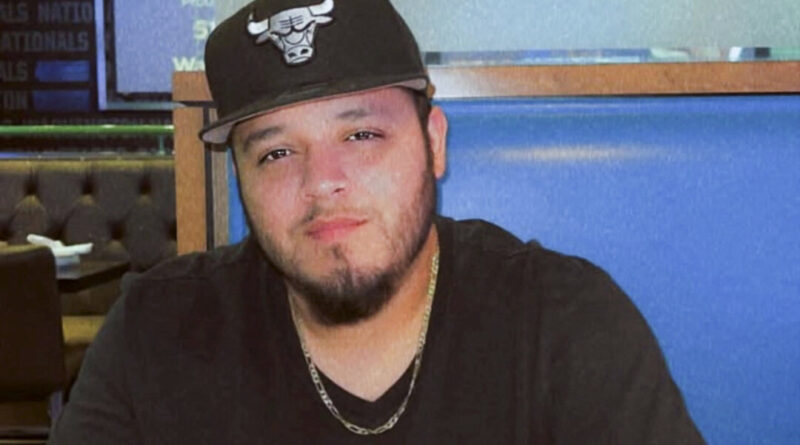Trump Administration Claims No Obligation to Repatriate Wrongfully Deported Man to the U.S.
Government attorneys have been giving daily updates regarding the case.
The administration of President Donald Trump can only take actions to eliminate “domestic obstacles” hindering the potential return of a man it mistakenly deported, rather than compel the El Salvadoran government to free him, as outlined in a recent court document.
In March, U.S. officials deported Garcia back to his native El Salvador. Garcia received a deportation order in 2019 due to claims that he was affiliated with the MS-13 gang, though he was granted withholding of removal, which prevented his deportation because a judge recognized the potential danger he might face if returned to El Salvador.
U.S. District Judge Paula Xinis, in a revised order, removed the term “effectuate” but instructed the government to “take all available steps to facilitate the return of Abrego Garcia to the United States as soon as possible.”
This includes seeking the release of Abrego Garcia from the El Salvador prison, arranging air transportation for him, and sending personnel to accompany him after his release to ensure he can safely reach an aircraft for his return to the United States, according to his attorneys.
In response, government lawyers stated in one of the April 13 filings that this request should be denied.
They argued that interpreting “facilitate” solely as removing domestic barriers aligns directly with the Supreme Court’s directive, which emphasized that any order must respect the Executive Branch’s authority in matters of foreign relations.
“Conversely, interpreting ‘facilitate’ to require more than domestic actions would not only contradict the Supreme Court’s direction but would also violate the principle of separation of powers,” the lawyers claimed. “Federal courts cannot instruct the Executive Branch on the conduct of foreign affairs or dictate engagement with a foreign government. This is the exclusive prerogative of the President as the primary representative of the federal government in international relations.”
The attorneys also contended that the court should refrain from mandating the production of documents relating to the U.S.-El Salvador agreement regarding the transfer of undocumented immigrants and their incarceration.
“It would be ill-advised for the Court to hastily order the release of these sensitive documents,” the filing asserted.
Furthermore, they maintained that a demand for testimonies from U.S. officials concerning the case would be inappropriate, as complying with such requests could potentially disrupt ongoing diplomatic dialogues.
They noted that El Salvador’s President, Nayib Bukele, is currently in the United States. Bukele is scheduled to meet with Trump on Monday, just 24 hours before the next hearing in Abrego Garcia’s case.





